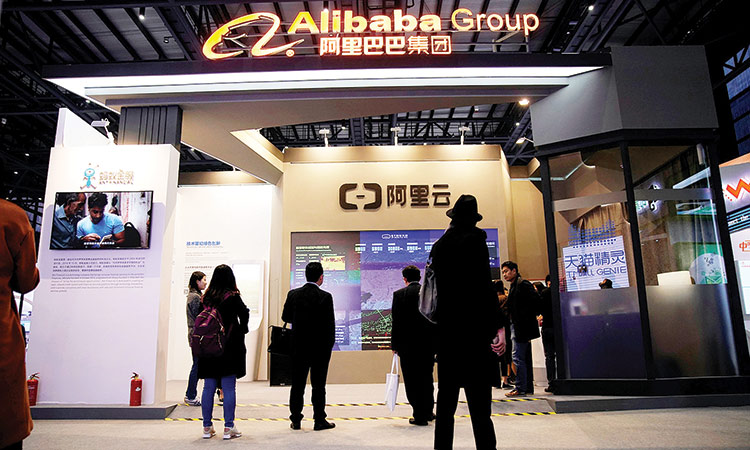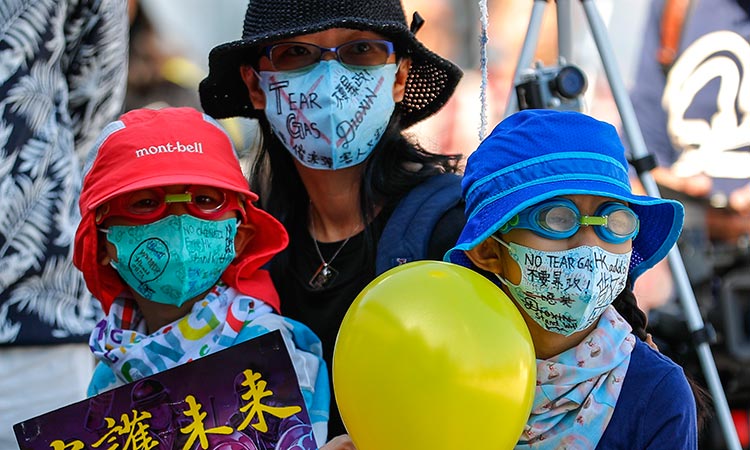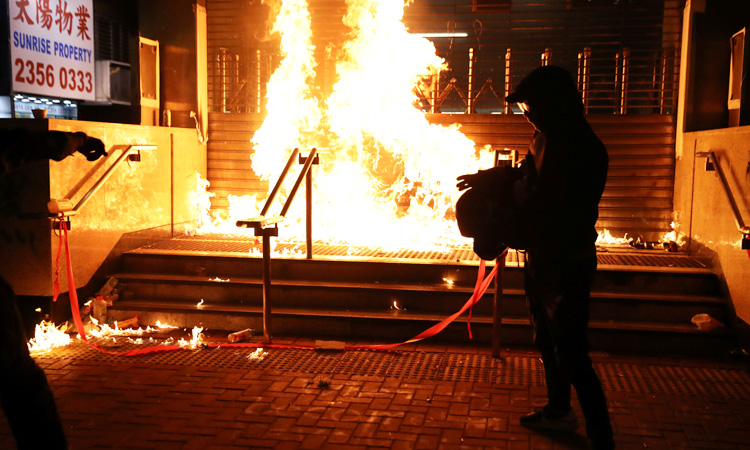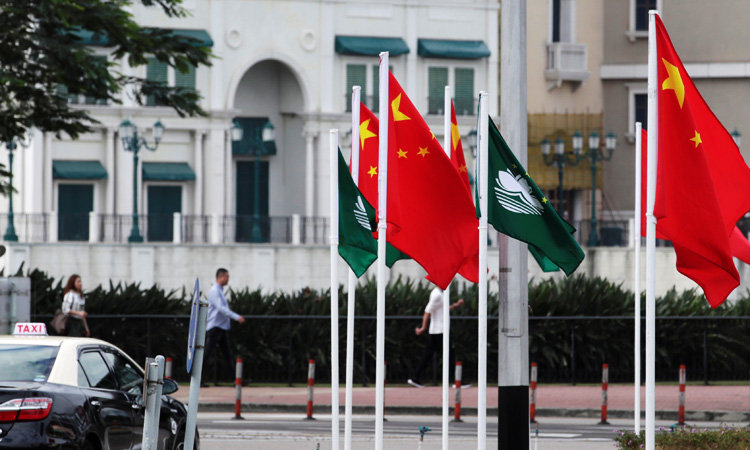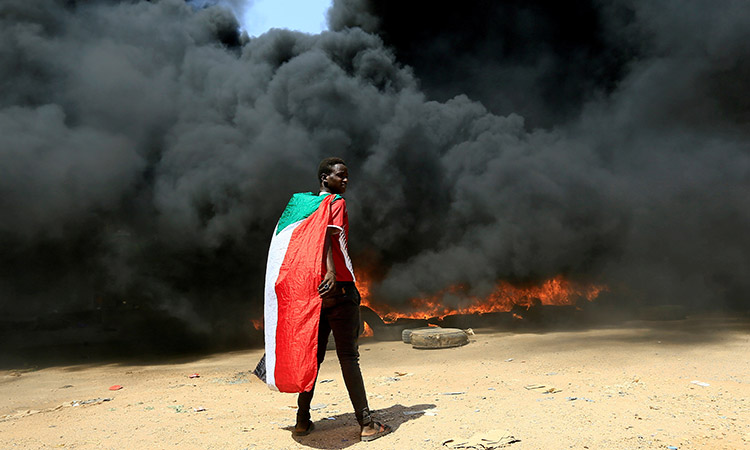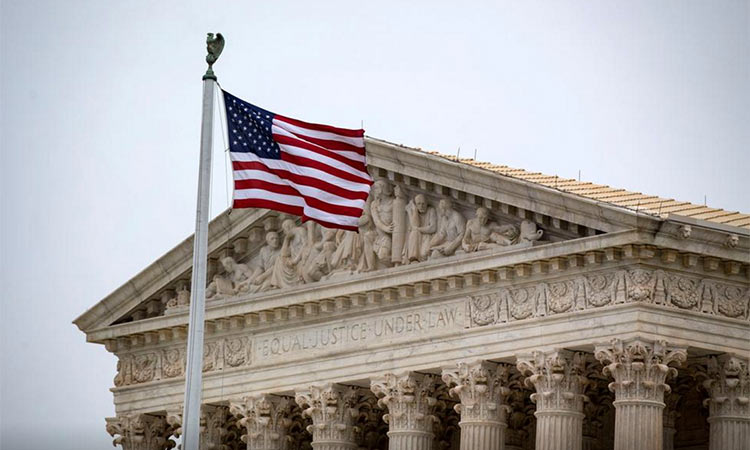HK’s street protest becomes a global democracy campaign
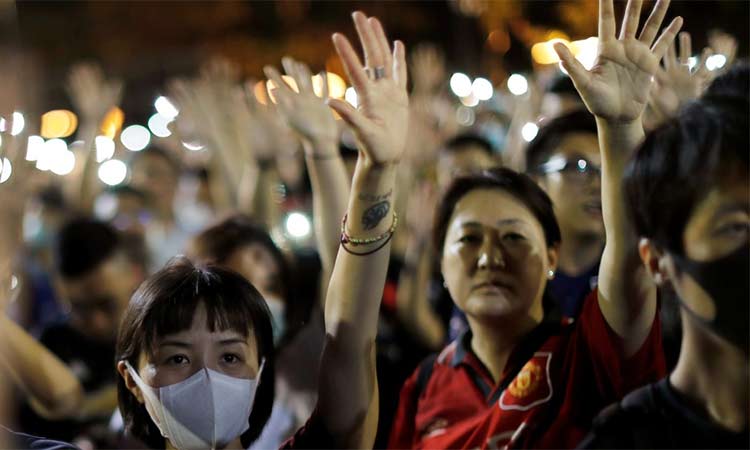
The photo has been used for illustrative purposes.
Joshua Wong, The Independent
Hong Kong’s legislative council may have finally, officially withdrawn the extradition bill, but it cannot pretend it can heal Hong Kong’s society – or wipe away the memory of this year’s protests.
The bill itself revealed score of deep-rooted problems which are intertwined with local and international factors that cannot be resolved by a single legislative act. People’s focus has been shifted onto those complex and fundamental issues at the heart of Hong Kong’s identity.
From a local perspective, a militant and reluctant government revealed the inconvenient truth of Hong Kong society since the handover – the lack of democracy. It explains the perpetual struggle of Hong Kongers every weekend since Carrie Lam repeatedly decreed the death and solemn retreat of the extradition bill over the last two months.
A huge number of Hong Kongers reckon that if we were given democracy after handover as promised in “Basic Law”, our mini constitution, the bill would have been terminated after almost one third of Hong Kongers expressed our opposition against it on the streets few months ago.
If we possessed a democratic government, then police brutality and the government’s apparent tolerance for triad members could have been avoided or at least subject to powerful scrutiny. All the issues derived from the anti-extradition bill movement are the consequences of an absence of democracy.
From the regional perspective, the extradition case at the heart of the debate has intensified discussion about Taiwan’s status. A Hong Kong man accused of murder in Taiwan served to highlight the tense arrangements between the three territories. China maintains an offer to Taiwan of the “one country, two systems” that has applied to Hong Kong since 1997, but President Tsai has noted that such an arrangement had left Hong Kong “on the edge of disorder”. Taiwan’s status, de-facto sovereignty and jurisdiction are more in play than they were.
From the international perspective, we can observe that China’s handling of the Hong Kong issues is exactly the same as in the extradition disputes around Huawei’s CFO Sabrina Meng, arrested in Canada and now facing extradition to the US.
In Meng’s case, two Canadians were detained as hostages in response. And it is widely believed that the detention of a British civil servant (since released) and two US citizens came as retribution for both countries’ stance on Hong Kong’s affairs. In our view, the international community is becoming disillusioned by countless examples of Chinese interference in Hong Kong and has realised that “one country, two systems” is far more fragile an idea than they hoped. In fact, it has been revealed as a menace to their business interests in Hong Kong.
This delayed official withdrawal of the extradition bill is not going to resolve Hong Kong’s problems. All it ever did was unwrap the rotten essence at the core of Hong Kong politics. Fortunately, at the same time, we believe the international community has woken up to the idea that the spectre of Chinese involvement in the running of Hong Kong calls into question the trust needed to support their business or political interests in the city.
In the US, the Hong Kong Human Rights and Democracy Act is moving through the legislative procedure. If passed, it will enable the US to impose individual sanctions against Hong Kong officials who openly violate the universal values of human rights and democracy. The freezing of assets and bans on US entry will become possible and, crucially, it means no one can jeopardise human rights and democracy without the risk of consequences.
Now, we are trying to initiate similar acts in other sympathetic countries through active lobbying. We want to optimise such international coordination against the autocratic and inhuman Hong Kong government.
